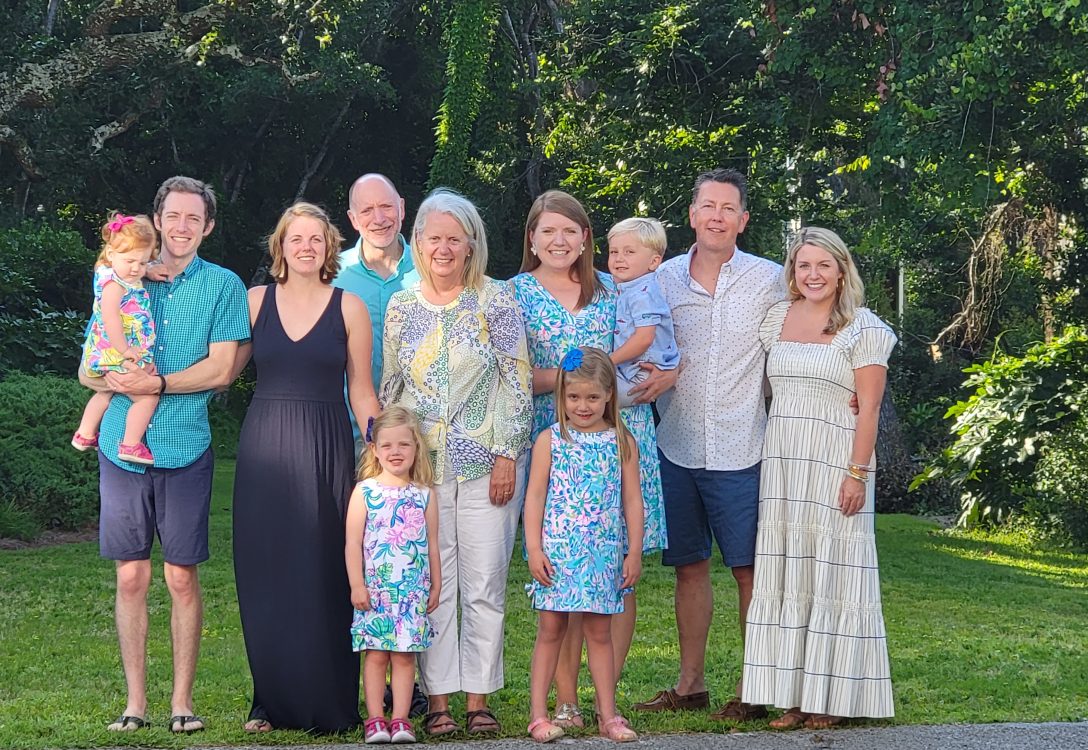On Tuesday mornings, groceries collected at our church are delivered to the Sherbourne Food Pantry. Each week, we take the same route passing a large hospital. On a banner unfurled from the building’s facade, I read these words: “We heal the most hearts.”
I don’t know if this hospital leads Richmond hospitals in medically healing hearts. But as a rapidly aging, grumpy, geezer, I will assert that I worry about the non-medical state of our American hearts.
Our Presidents proclaim in the State of the Union Address that our Union in these United States is sound. I’m sorry, but I beg to differ. I do not believe the state of our country to be sound, nor do I think our hearts are sound.
It seems logical to me that if our Union and our hearts were sound, then by now, we would have solved many of the societal challenges that continue to garner headlines every day in every state.
We continue to shoot and kill each other. According to Gun Violence Archives as of August 16, 2021–12,779 Americans have died from being shot.
Our mental health needs exceed our capacity to help. Sadly, in some instances seeing no mental health solution to the strain of living suicide becomes a remedy. In 2021, data from Gun Violence Archives reveals that 15,048 Americans have died from suicide by using a firearm.
People continue to die from drug overdoses. In 2020, the Centers for Disease Control and Prevention stated that more than 93,000 people died in America from drug overdoses. Sadly, this is a new record.
An expanding economic divide continues to create challenges with housing, employment, education, health, food, and equity.
Toss in division, incivility, impatience, injustice, mistrust, selfishness, and fear, and America is a mess.
Former United States Secretary of Defense, Robert Gates, speaking at the Richmond Forum in January 2012 stated: “The United States faces threats from extremists and unstable regimes around the world, but it’s the nation’s own political incivility that poses the gravest risk.”
Almost ten years later, Mr. Gates’ words have come true.
Why?
Well, there are many possible answers.
But, let’s start with fear. Fear drives us more than we might realize. Fear has the capacity to frazzle a weary nation. This is especially true when we can’t agree on the truth.
I sense that neglect is another part of our risks. Despite good intentions, we never truly solve the issues that have nagged us for years. Band aiding our long standing neglect isn’t a solution.
Something has happened to our internal wiring linking our brains and our hearts. A selfish, stubbornness grounds our thinking.We tend to pivot more for our individual selves than we do for the collective good of the cause. Vaccinating and wearing masks for COVID-19 is only one example.
Perhaps most concerning in all of this is our hearts.
Have our hearts lost the capacity to love our neighbors?
At times, I wonder if my heart is capable of loving my neighbors.
How do I love the individual who openly spews a profanity laced phone call in public, the driver who dangerously ignores the rules of the road, or a long time friend who vehemently disagrees with my thinking?
In those real life encounters, if I form my impulsive response without listening to my heart, then I only add to the negativity of the moment.
Earl Swift’s book Chesapeake Requiem accurately captures how over time islands in the Chesapeake Bay have disappeared. Often, these islands contained flourishing communities. A variety of factors contributed to their vanishing into the bay’s waters.
But deep inside my heart, I worry that a similar erosion, a comparable wearing down of America is taking place right in front of us. Leading this deterioration is our division. Whether we like it or not, we must solve this disunion.
No one can deny the remarkable medical advancements made in repairing hearts. Yet, despite these improvements, we struggle to transform our hearts in non-medical settings.
Recently, my wife and I spent time trying to keep up with two of our grandchildren. One day, our three year old grandson, showed me a tiny car. In a matter of seconds, with quick twists of his wrists, he transformed the car into a different vehicle.
That interaction made me think about our hearts—why does it take us so long to transform our human hearts? Why can’t we with a couple of quick twists and clicks make the proper adjustments to change our hearts?
Perhaps, the answer is very simple—we are too stubborn.
Our hearts are impaired by our inability, our unwillingness to talk, listen, compromise.
While my heart is discouraged, I will hold out for hope.
Hope that we can find the courage within us to change by understanding the incivility of division is not good for our Union or our hearts.

